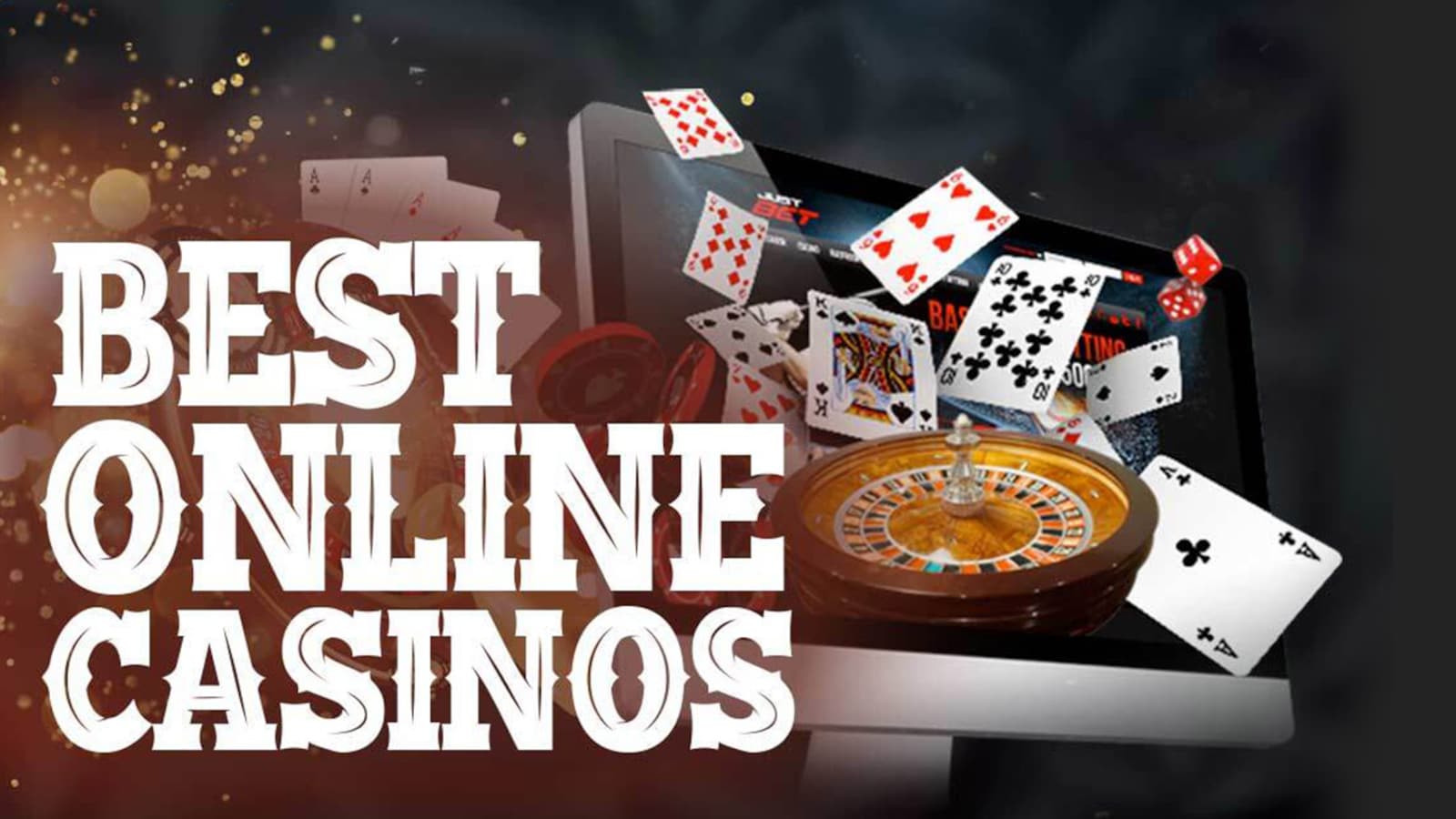
When we think of gambling activities, the first images that frequently come to mind are those of rotating wheel devices, poker tokens clattering on fabric tables, and cubes rolling across a betting area. While numerous view these activities as mere hobbies fueled by chance, a deeper exploration reveals a fascinating blend of strategy, expertise, and community interaction that raises them well beyond basic luck. Regardless of whether you are a experienced player or a inquisitive newcomer, grasping the subtleties of these games can greatly enhance your enjoyment and appreciation.
Gambling games have evolved over centuries, with various cultures contributing to their diverse histories and variations. From the intricate tactics of 21 to the bluffing methods in poker, players engage in a contest of wits as much as a risk on odds. This exciting interplay between luck and skill creates a thrilling atmosphere that draws countless people to gambling establishments worldwide. As we delve into the realm of table games, we will reveal the methods that can shift the odds in your favor and the social elements that make these games a favored choice for leisure and engagement.
A Approach Behind Table Games
Casino games often combine a mix of ability and luck, which makes them intriguing for players who like a test. Every game has their own set of rules and strategies that can influence the outcome. For example, in titles like 21, players are obliged to use tactics like counting cards and grasping the probabilities to make smart decisions. This expertise can significantly improve their winning potential, differentiating seasoned participants from beginners who may rely solely on luck.
In contrast, titles such as roulette may seem to be purely based on luck, but strategic thinking can also play into the equation. Participants can choose between various wagering strategies, such as the Martingale strategy, where they raise the wagers after a loss. This approach can create a more controlled way to the game. Understanding the odds of specific bets can also assist players make smarter decisions on the table, demonstrating that even in titles of chance, strategy can enhance the enjoyment.
Additionally, poker is notable as a game that heavily focuses on strategy. In contrast to most casino games, poker combines ability, psychology, and luck. Players must not only concentrate on the hands they are given but also consider their opponents actions and wagering patterns. Mastering principles like position, the odds of the pot, and reading bluffing is crucial for success. This depth of tactics in the game of poker often leads to a more immersive encounter for players, where the decisions and skills significantly affect the match’s results.
Comprehending Probability and Odds
In the domain of casino games, likelihood and odds hold a critical role in determining a player’s potential consequences. Every activity has its own collection of guidelines that define how the chance of succeeding or failing is measured. For case, in matches like 21, participants have a chance to affect their odds through strategy, whereas in matches like roulette, the outcomes are purely governed by chance. Comprehending how these probabilities are measured can greatly affect how a player deals with the match.
Ratios are typically expressed in two forms: fractional and decimal. Ratio ratios indicate the ratio of the amount won to the amount bet, whereas numeric ratios show the total payout for a successful wager, which includes the stake. For instance, if a match has odds of 5 to 1, this means that for every one unit staked, a gambler could win five dollars if successful. Learning how to interpret these odds allows gamblers to evaluate their potential earnings and make more wise decisions during gameplay.
Players should also be aware of the casino advantage, which is the casino’s built-in advantage over the players. Each game has a distinct house edge, and grasping this concept is crucial for managing one’s hopes and bankroll. Games with a reduced house edge, such as blackjack and baccarat, typically offer superior odds for players compared to activities like slots and keno. By acknowledging the connection between probability, odds, and the house edge, gamblers can enhance their gaming experience and strategize more efficiently.
The Aspect of Table Gaming
Casino games at casinos are often seen as a hub of social interaction, drawing participants together in a collective experience that extends far beyond the mere act of gambling. The atmosphere at a blackjack table can be electric, with players engaging not only with the game itself but also with one another. Laughter, excitement, and, sometimes, friendly banter create connections that enhance the overall experience of the gaming experience. This communal aspect can turn a solitary endeavor into a lively social event, making casino games particularly appealing.
One of the fascinating elements of gaming at tables is the way it fosters friendship among players. Whether it’s teaming up to beat the dealer at a dice table or sharing stories between hands in a card game, the environment encourages interaction. Players often share advice or tactics, creating a sense of community that enhances the fun. https://dnx789win.org/ This social dynamic can make new gamblers feel welcomed and less daunted by the competitive nature of gaming. As the game progresses, friendships may form, leading to a sense of connection that keeps players coming back to the table.
Moreover, the social aspect of table gaming extends beyond just the participants. Casino staff play a crucial role in facilitating interaction and maintaining the flow of the game. Their ability to engage players with warm dialogue and their expertise in managing the table can create an inviting atmosphere. This relationship between participants and staff adds another layer of enjoyment, where gamblers feel bonded not only to one another but also to the staff. Such interactions are often what make the experience memorable, as participants leave with stories to tell and connections made, reinforcing the notion that gaming at tables are truly about something greater than luck.